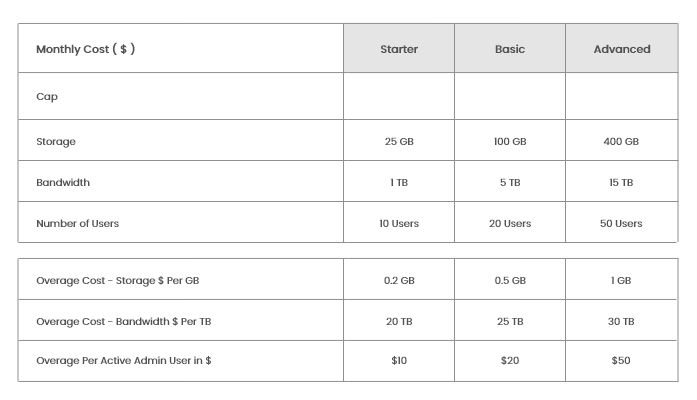



9 SEO Tips You Must Implement
Substantial to have an impact on your website's overall rankings...
Driving relevant visitors to your website who are interested in your sector of business or industry is the main objective of your search engine optimization (SEO) strategy. If you follow SEO, you are aware of how quickly things can change. You are also aware of the difficulties in keeping up with all of these developments.
In reality, SEO is a rather easy approach that only calls for minor adjustments in response to significant updates announced by the search engines. Major adjustments are bolded since they must be substantial to have an impact on your website's overall rankings and SEO plan.
Here are nine SEO best practices that you should always adhere to, despite the ongoing changes made by search engines.
Find two or three keywords that are important to the main theme of the page and are used most frequently in the page's content by reading the text. Only two or three keywords each website page should be your focus. If you are unable to come up with two or three keywords for a page, you must split the page's content and build a new webpage.
1. Page Title
The page title must be less than 70 characters and contain no more than three long-tail keywords. The first keyword should be the most crucial one, and pipes (|) should be used to divide each term.
2. Meta-Description
Two of the keywords from the page title should be included in the meta description, which should be no more than 150 characters. The most effective meta-descriptions provide readers with a compelling reason to visit the page. Avoid using keywords in the meta description just to have them there; instead, use conversational language to include them.
3. URL
The first term you used in the page tile from step 1 should be included in the URL of the website page. The URL's keywords need to be separated with dashes (-).
4. Tags for Headings
The first two keywords from the page title in step 1 should be used in one or two H1 heading tags on the page. The content of the page should incorporate these keywords in a conversational style. The page should also have a few H2 heading tags, which are typically placed beneath each H1 tag.
5. Page Content
At least three times in the content of the page, use both of the keywords that are in the page title. At least once, try to bold or underline the keyword. The keyword's relevance to the page is impacted by this.
6. Inside Links
On the page, add one or two internal links that point to relevant pages. In the anchor text of each link, use the keywords that you want to rank for on the page that you are connecting to.
7. Pictures
A keyword from the page title should appear in the file name of any photos used on the page. The file name should have dashes to divide each word (-). The keyword in the page title and the file name of the image should be matched in the alt text. In the alt text, avoid using dashes between the words.
Only alter the image's alt text using a term from the page title if you can't or it takes too long to update the image file name.
8. Using Cross-Linking
Make sure the page you are optimizing has at least three internal links. Keywords from the page you are linking to should appear in the link's anchor text.
9. Meta Keywords
They aren't as crucial as stages 1 through 8 because they aren't a part of Google's or Bing's search algorithms. You should still include three (3) to five (5) related meta keywords that pertain to the page's title and content. They may still be used by smaller search engines in their algorithms.
Hocalwire produces reports that help with planning for advertising and sales initiatives.
To improve SEO rankings and direct organic traffic, Hocalwire CMS features SEO Keywords, Meta Data, ALT Text, and Sitemap structures built in.
Hocalwire CMS handles the technical parts of keeping Large Sitemap, Indexing pages for Google, Optimizing page load times, Maintaining assets and file systems, and Warning for broken links and pages while you handle all these non-technical components of SEO for Enterprise sites. If you're searching for an enterprise-grade content management system, these are significant value adds. To learn more, Get a Free Demo of Hocalwire CMS.

